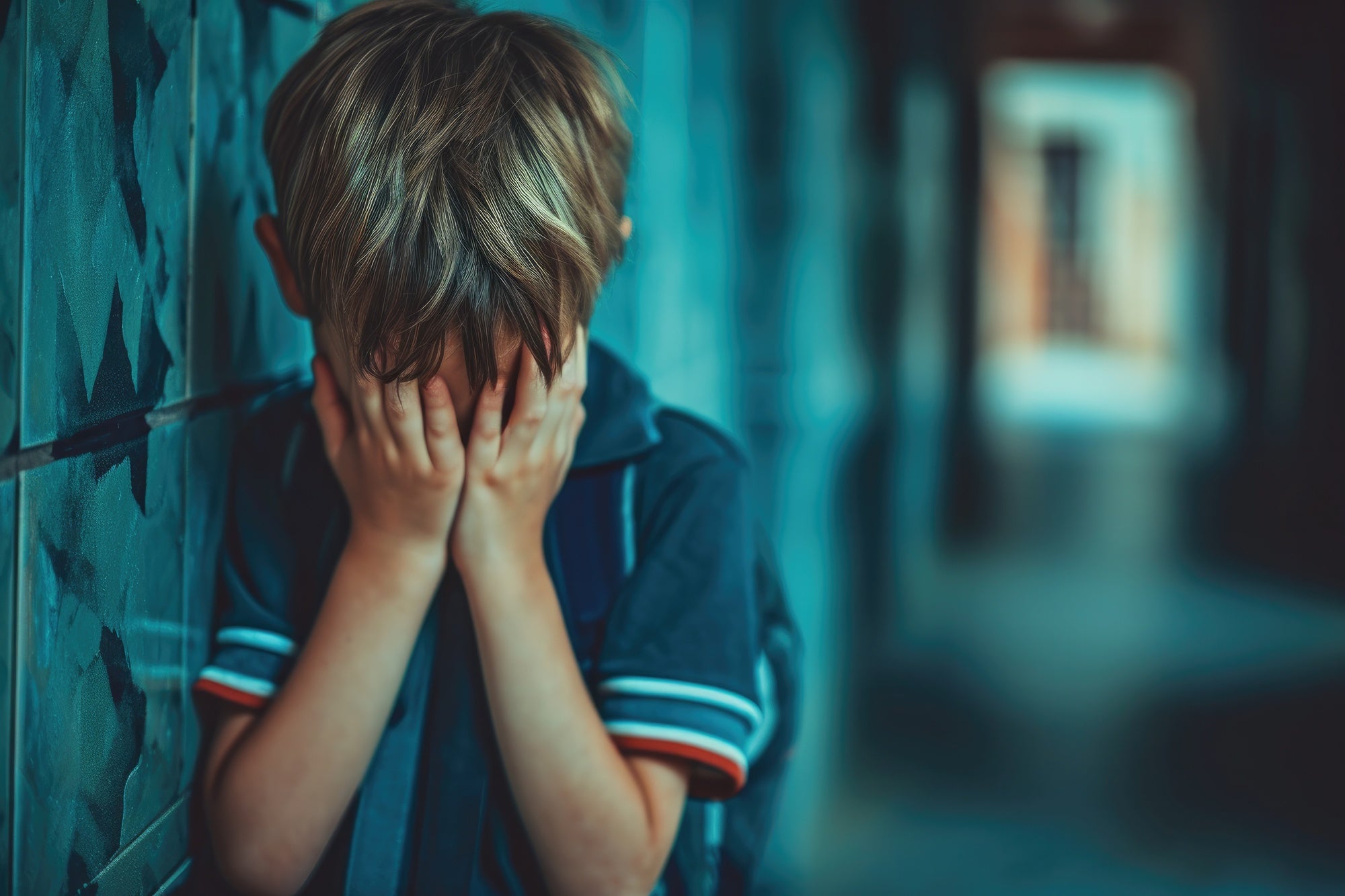
How To Cope With Childhood Trauma
Childhood trauma can have profound and lasting effects on individuals, impacting their emotional well-being, relationships, and overall quality of life. Whether stemming from abuse, neglect, or other traumatic experiences, addressing and coping with childhood trauma is essential for healing and moving forward. In some cases, pursuing legal action can also be a crucial step towards justice and closure for survivors. Here, we explore strategies for coping with childhood trauma and how seeking legal recourse can empower survivors to reclaim their rights and hold responsible parties accountable.
Recognizing Childhood Trauma
Recognizing childhood trauma is a crucial step in addressing its long-lasting effects and beginning the healing process. Childhood trauma can manifest in various ways and may not always be immediately apparent.
-
Behavioral Signs: Children who have experienced trauma may exhibit behavioral changes, such as sudden aggression, withdrawal, mood swings, or difficulty concentrating. They may also display regressive behaviors, such as bedwetting, thumb-sucking, or clinging to caregivers.
-
Emotional Responses: Emotional can vary widely, but common reactions include anxiety, depression, fear, anger, guilt, shame, and confusion. You may struggle to regulate emotions, leading to frequent outbursts or emotional numbness.
-
Physical Symptoms: Physical symptoms can manifest as headaches, stomachaches, fatigue, sleep disturbances, or psychosomatic complaints without underlying medical causes. These symptoms may reflect the physiological toll of chronic stress and emotional distress.
-
Difficulty Forming Relationships: Can affect the ability to form healthy attachments and relationships with others. They may struggle with trust issues, intimacy, communication, and boundary-setting, leading to difficulties in friendships, romantic relationships, and family dynamics.
-
Academic and Cognitive Challenges: Trauma can impact cognitive functioning, attention, memory, and academic performance. Children may have difficulty focusing in school, retaining information, and completing tasks. Learning disabilities, developmental delays, and impairments in executive functioning may also arise.
-
Reenactment and Avoidance: Some people may exhibit reenactment behaviors, such as reenacting traumatic events through play or relationships, in an attempt to gain mastery or understanding. Others may engage in avoidance strategies, such as withdrawing from social activities or avoiding reminders of the trauma.
-
Hyperarousal and Hypervigilance: Children who have experienced trauma may be hypervigilant to perceived threats in their environment, leading to heightened arousal, exaggerated startle responses, and difficulty relaxing or feeling safe. They may also experience flashbacks, nightmares, or intrusive memories of the traumatic event.
Steps Towards Healing
-
Acknowledge Your Experience: The first step in coping with childhood trauma is acknowledging and accepting your experience. It's essential to recognize that your feelings and reactions are valid, and seeking support from trusted friends, family members, or mental health professionals can help validate your experiences and provide a safe space to process emotions.
-
Seek Professional Help: Therapy and counseling can be invaluable tools for healing from childhood trauma. A qualified therapist can offer guidance, support, and evidence-based techniques to help you navigate through the pain, develop coping strategies, and build resilience. Therapy can also help address symptoms of trauma, such as anxiety, depression, and PTSD.
-
Practice Self-Care: Engaging in self-care activities, such as exercise, meditation, creative expression, and spending time in nature, can help reduce stress, promote relaxation, and enhance overall well-being. Prioritizing self-care allows you to nurture yourself and cultivate a sense of inner strength and resilience.
-
Connect with Supportive Communities: Joining support groups or online communities of survivors can provide a sense of belonging and validation, knowing that you are not alone in your experiences. Connecting with others who have similar backgrounds can offer empathy, understanding, and shared resources for coping and healing.

Pursuing Legal Recourse
In cases where childhood trauma resulted from negligence, abuse, or misconduct by individuals or institutions, pursuing legal action may be necessary to seek justice and hold responsible parties accountable. Legal recourse can empower survivors to demand accountability, obtain financial compensation for damages, and prevent similar harm from recurring in the future.
How Oshan&Associates Can Help
If you or a loved one has experienced childhood trauma and are considering legal action, the compassionate and experienced attorneys at Oshanandassociates are here to support you every step of the way. Our dedicated legal team understands the sensitive nature of these cases and is committed to providing personalized guidance, advocacy, and representation to survivors seeking justice.
Contact us today at (206) 335-3880 or (646)-421-4062 to schedule a confidential consultation and learn more about your legal rights and options. Together, we can work towards healing, closure, and accountability for the trauma you have endured.
Also in Childhood Sexual Abuse

O.K. Boys Ranch Lawsuit

Quiet on Set: Revealing childhood sexual abuse on kids shows

